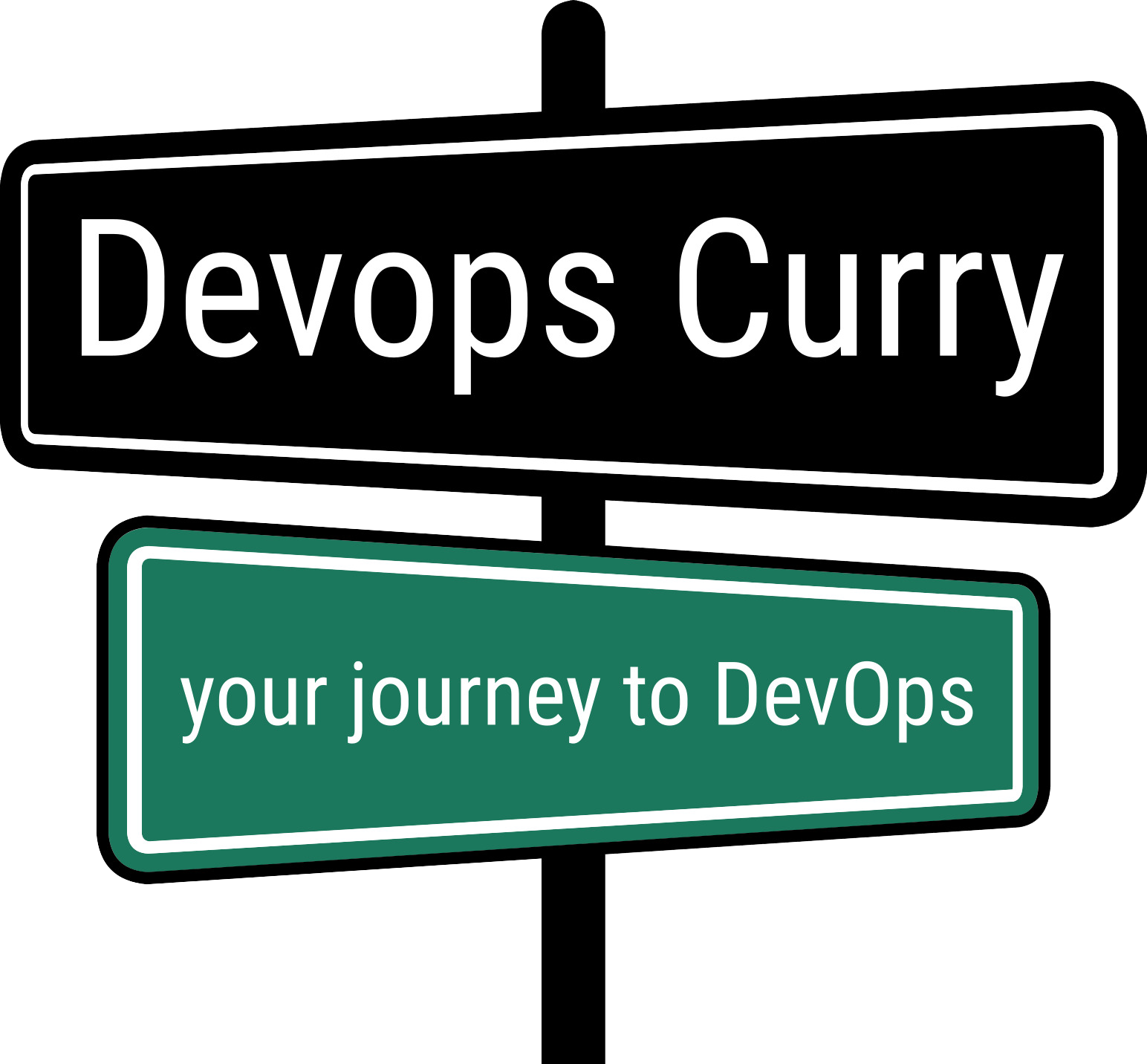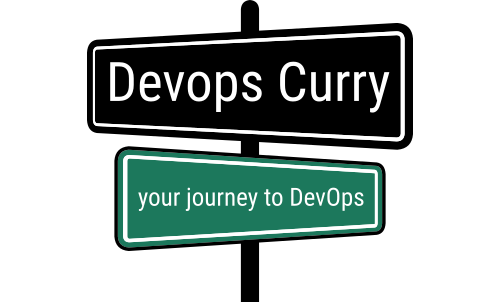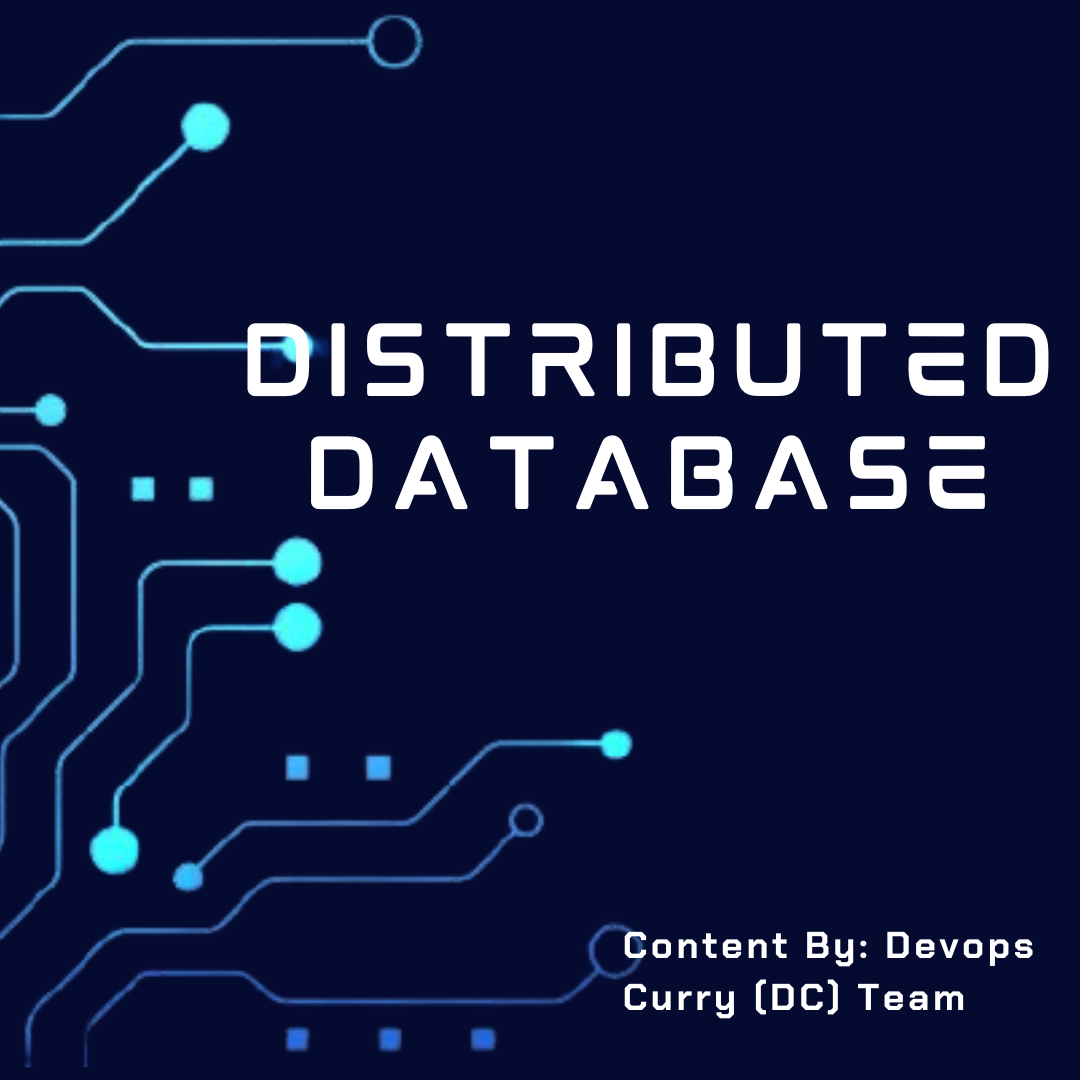
Distributed Database
What is a Distributed Database?
As the name suggests Distributed means circulate in several sites and not particular for only one site or system. For example, it circulates on many computers. Many issues are easily handled by Distributed Database from utilizing single databases and single machines such as latency, scalability, mistake understanding and many more. Numerous nodes we’re used by Distributed Database and this node furnishes additional power on the computer. Some parts of the distributed database are conserved in some different portions in physical locations. On the several database nodes, the necessity of processing is allocated among processors. The data which is stocked in the physical location where regulated the distributed data by (DDBMS) distributed database management system. It consists of the data in several locations, sometimes the data have to be stored in the same places and sometimes have to be stored in several geographical locations. Its database hardware is operated by several devices in several locations but it is worked in a single database system.
Two processes confirm that the distributed database is recent or up-to-date which means duplication and replication.
Distributed Database Types
There are two types of distributed database and that is Homogenous and Heterogeneous. Firstly we will understand these two separately then we will do there differentiation.
Homogenous Distributed Database:
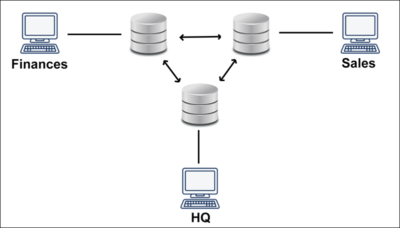
Image credit: https://phoenixnap.com/kb/distributed-database
As the name suggest homo means similar, so these whole term homogenous distributed database means a system in a network where all nodes and sites are in a same architecture or in a same plate (hardware and software architecture). In the other words you can also says that DBMS i.e. (database management system) is operating in every particular nodes that is same and there is a consistency in terms of getting the information of language, some program covering all the nodes. Here all the nodes in the distributed system are utilized in the similar Database and Management System (DBMS).
Heterogeneous Distributed Database:
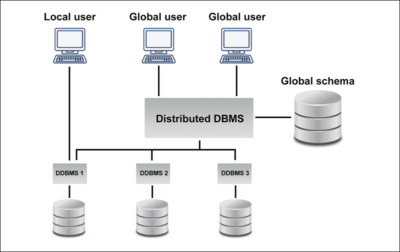
Image Credit: https://phoenixnap.com/kb/distributed-database
As the name suggest heterogeneous means different, so these whole term heterogeneous distributed database means a system in a network where all nodes and sites are in a different architecture or in a different plate (hardware and software architecture). Different nodes are utilizing different operating systems and database management systems. One of the main features of this distributed database is it has the multiple data models as well specialized functionality.
Difference Between Homogenous and Heterogeneous
| S.NO. | Homogenous | Heterogeneous |
| 01 | Similar data is stored on several sites. | On the heterogeneous database, in several schemas, several sites can be utilized. |
| 02. | To make a homogeneous environment has become a task for the organization. | It is also not an easy task to organize. |
| 03. | There is a limited network lifetime. | In a comparison with homogeneous, it has more network lifetime. |
| 04. | There is no local user who can utilize this. | Both local and global users are using this or present in this |
| 05. | The insufficient network is found here. | It has different networks with different capabilities. |
| 06. | It is seen as a single system for the users | For transaction processing, only a few facilities are furnished and the sites are not familiar with any other one. |
Advantage of Distributed Database
Some advantages of distributed databases are discussed below on points.
- Performance is Enhanced: A numerous query is solved in several sites and this query is divided into several sub-queries, so by this, the performance of the distributed database is improved.
- The Growth is simpler: In the environment of distributing the data, the growth will be simple on adding more data, increasing the size of the database, and adding more processors becomes very easy.
Some other advantage is:
- Building a network of systems is very reasonable that consists of a part of data.
- The database works as normal even when the nodes are offline.
- It’s not difficult to add a system and the database is circulated in several systems.
Examples of Distributed database are as follow :
(Aerospike, Cassandra, Clusterpoint, ClustrixDB, Couchbase, Druid (open-source data store), FoundationDB, NuoDB, Riak and OrientDB,AmazonSimpleDB,FoundationDB)
Conclusion: As we know the technology is very advances and the latest technology or innovations is going to shape the future of data management, these term distributed database is stands as a testament to our collective pursuit of resilience and efficiency.
